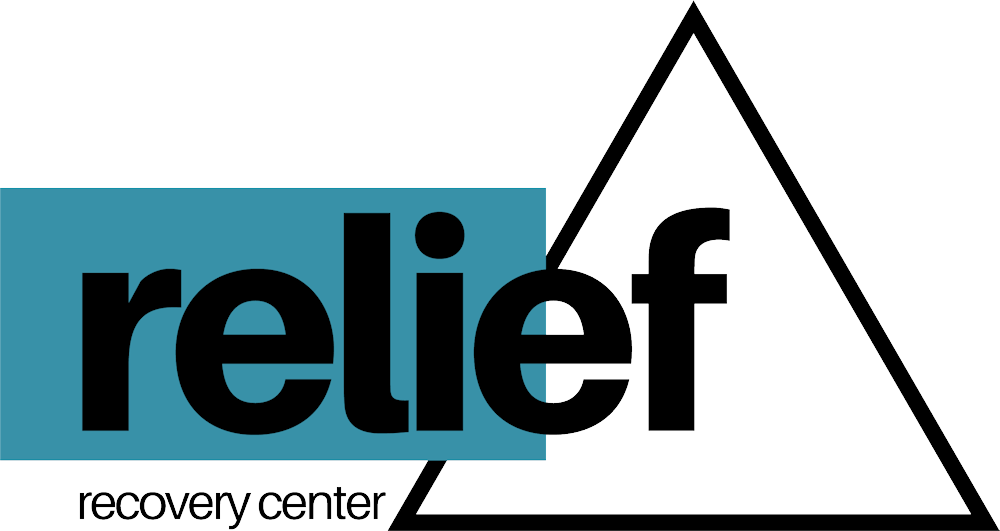The decision to overcome addiction is a courageous one. However, the withdrawal process can be challenging, and one of the most common complaints is sleep disturbances in withdrawal. Difficulty falling asleep, restless nights, and early morning awakenings can leave you feeling exhausted and hinder your recovery journey.
This article explores the reasons behind sleep disturbances in withdrawal and equips you with effective strategies to manage them. We’ll delve into sleep hygiene practices, relaxation techniques, and natural remedies to help you reclaim restful sleep and navigate withdrawal with greater ease.
Understanding Sleep Disturbances in Withdrawal
Why does withdrawal disrupt sleep? When you’re dependent on a substance, your brain chemistry adapts to its presence. During withdrawal, your brain readjusts to the absence of the substance, causing an imbalance in neurotransmitters that regulate sleep. This imbalance disrupts your natural sleep-wake cycle, leading to insomnia and other sleep disturbances.
The severity of sleep disturbances can vary depending on the substance being withdrawn from, the duration of use, and individual factors. For instance, alcohol withdrawal can cause vivid dreams, nightmares, and night sweats, while opioid withdrawal can lead to difficulty falling asleep and restless sleep.
Strategies for Managing Sleep Disturbances in Withdrawal
While withdrawal-induced sleep disturbances are unpleasant, several strategies can help you manage them and improve your sleep quality. Here are some effective approaches:
1. Establish a Consistent Sleep Schedule
Your body thrives on routine. Sticking to a consistent sleep schedule, even on weekends, helps regulate your internal clock and promotes better sleep. Aim to go to bed and wake up at the same time each day, even if you don’t sleep through the night initially. This consistency will gradually improve your sleep quality over time.
2. Prioritize Sleep Hygiene
Sleep hygiene refers to healthy habits that promote better sleep. Here are some tips to improve your sleep hygiene:
- Create a relaxing bedtime routine: Wind down before bed with calming activities such as reading a book, taking a warm bath, or practicing light stretches. Avoid stimulating activities like watching TV or using electronic devices for at least an hour before sleep.
- Optimize your sleep environment: Make your bedroom dark, quiet, cool, and clutter-free. Invest in blackout curtains, earplugs, and a comfortable mattress and pillows to create a sleep-conducive environment.
- Limit daytime naps: While napping can feel tempting, especially during withdrawal, long naps can disrupt your nighttime sleep. If you do nap, keep it short (around 20 minutes) and avoid napping late in the afternoon.
3. Practice Relaxation Techniques
Relaxation techniques can help quiet your mind and prepare your body for sleep. Techniques like deep breathing exercises, progressive muscle relaxation, and meditation can calm your nervous system and promote feelings of peacefulness.
There are many free guided meditations available online or through apps like Calm or Headspace. Consider incorporating these practices into your bedtime routine for a more restful sleep.
4. Get Regular Exercise
Regular physical activity can significantly improve sleep quality. Aim for at least 30 minutes of moderate-intensity exercise most days of the week. However, avoid strenuous workouts close to bedtime, as they can be stimulating.
5. Avoid Substances that Disrupt Sleep
Caffeine and nicotine are stimulants that can interfere with sleep. Avoid consuming them, especially in the afternoon and evening. Additionally, limit alcohol intake, even though it may seem like it promotes sleep initially. Alcohol disrupts sleep architecture and can worsen sleep disturbances in the long run.
6. Consider Natural Sleep Aids
While over-the-counter sleep medications may seem appealing, they are not a sustainable solution. However, some natural sleep aids may offer some relief.
- Melatonin: Melatonin is a hormone that helps regulate your sleep-wake cycle. Studies suggest it can be helpful for short-term sleep problems.
- Chamomile Tea: Chamomile tea is a popular herbal remedy known for its calming properties. While research is ongoing, some studies suggest it may promote relaxation and improve sleep quality.
It’s important to consult with your doctor before using any herbal supplements, as they may interact with medications you’re taking.
7. Seek Support During Withdrawal
Withdrawal can be a challenging process, both physically and emotionally. Having a strong support system can significantly enhance your recovery journey. Consider joining a support group for individuals recovering from addiction. Sharing your experiences with others who understand can be incredibly helpful.
Building a Support System to Fight Sleep Disturbances in Withdrawal
The road to recovery is not meant to be walked alone. Here at Relief Recovery Center, we understand the importance of a strong support system during withdrawal. We offer various resources and programs to help you build a network of support, including:
- Individualized Treatment Plans: Our team of addiction specialists will work with you to develop a personalized treatment plan that addresses your specific needs, including strategies for managing sleep disturbances.
- Group Therapy Sessions: Sharing your experiences with others who understand the challenges of withdrawal can be incredibly therapeutic. Group therapy sessions provide a safe space for you to connect, share experiences, and learn from others.
- Family Therapy: Addiction affects the entire family. Family therapy sessions can help your loved ones understand addiction and provide them with tools to support you during recovery.
Sleep disturbances in withdrawal are a common challenge, but they are not insurmountable. By implementing the strategies outlined above and building a strong support system, you can manage these disruptions and improve your sleep quality. Remember, recovery is a process, and there will be good nights and bad nights. Be patient with yourself, celebrate your progress, and don’t hesitate to seek help when needed.
At Relief Recovery Center, we are committed to supporting you throughout your recovery journey. We offer comprehensive treatment plans, a variety of therapeutic modalities, and a compassionate environment to help you achieve lasting sobriety and restful sleep.
References:
- National Institutes of Health (2020, September 24). Melatonin. Retrieved July 04, 2024, from https://www.ncbi.nlm.nih.gov/books/NBK534823/
- National Institutes of Health (2021, April 01). Chamomile. Retrieved July 04, 2024, from https://pubmed.ncbi.nlm.nih.gov/30000867/
- National Institutes of Health (n.d.). National Institute on Drug Abuse. Retrieved July 04, 2024, from https://www.nih.gov/about-nih/what-we-do/nih-almanac/national-institute-drug-abuse-nida
- Substance Abuse and Mental Health Services Administration (n.d.). Substance Abuse and Mental Health Services Administration. Retrieved July 04, 2024, from https://www.samhsa.gov/
Disclaimer: This article is intended for informational purposes only and does not constitute medical advice. Please consult with a healthcare professional before implementing any of the strategies mentioned in this article.



